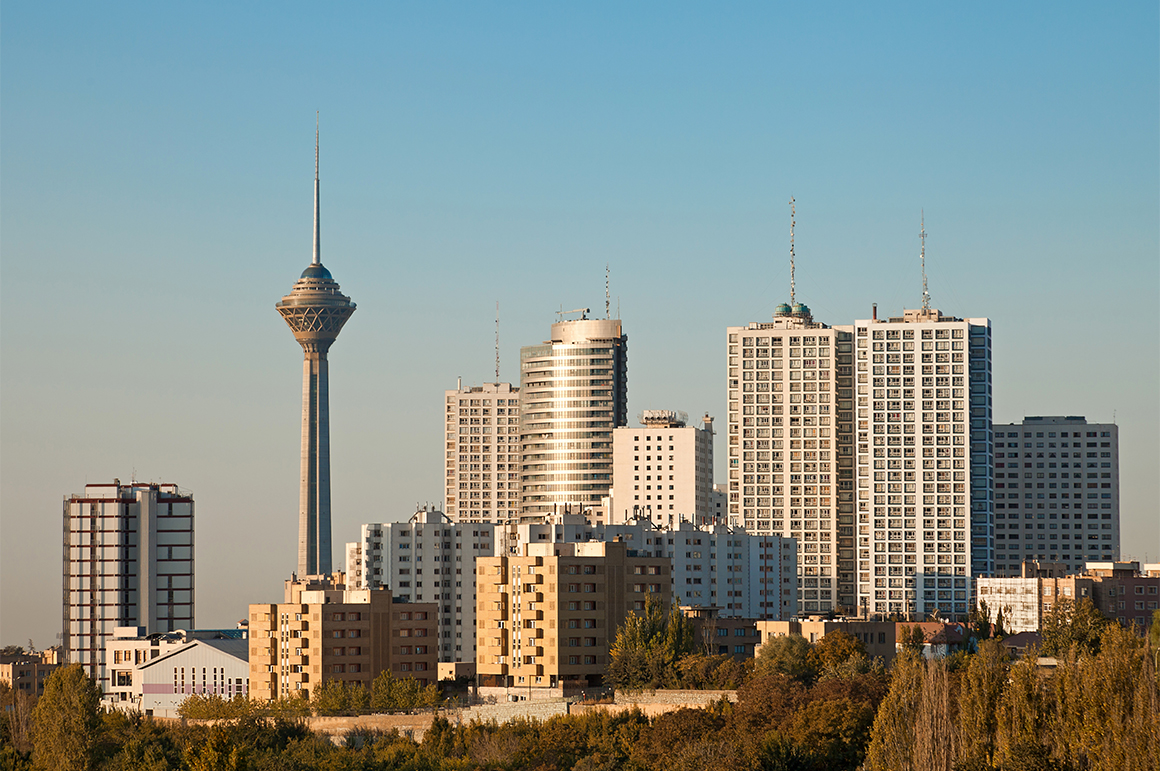The lifting of international sanctions has resulted in Iran’s steady and positive economic growth since 2016. With a population of 80 million, of which 60% is aged under 30[1], Iran has the highest ratio of education in its geographical region. While Canada has good standing with Iranians, on the trade front, we need to catch up with Asia and Europe, who have already seized the country’s potential; European trade with Iran is expected to have quadrupled in 2018[2]. But which sectors are attractive for investment in Iran and what should Canadian businesses know about the challenges of doing business in Iran? The present article sheds light on these issues.
What are the main sectors of interest for Canadian businesses?
- Agriculture and Agri-food : Agriculture accounts for about 20% of non-oil GDP. Opportunities in the agricultural sector arise from a need for modernization of farming equipment methods and technologies that promote efficiency of use of natural resources, including water consumption and management. In addition, greater need for foreign food supplies expected in the coming years has created opportunity for specialized products, such as food supplements and food additives. The positive image of Canada’s agri-food sector and its high standards in quality control of agri-food products can be used as a selling point in the marketing of your products in Iran.
- Infrastructure and Construction : This sector shows huge room for improvement, with inward foreign direct investment and new technology needed to enhance the country’s ageing transport system and utilities. With many projects underway, there is great opportunity for Canadian firms specializing in consulting/engineering services, as well as equipment suppliers. There is also opportunity in partnering with local firms to bid for Iranian projects, although such level of involvement would require a well-planned strategy and the right partners on the ground in Iran.
- Oil and Gas and Mining : With the easing of sanctions, imports are expected to pick up again to reach US$1.16 billion in 2019. The market is forecasted to become the 4th largest pharmaceutical market in the Middle East and North Africa region by 2024 in terms of market size. Iran’s potential lies in the following: the positive market dynamics, its pharmaceutical infrastructure, presence of skilled workforce, competitive landscape and geographical location being ideal for trade crossroads.
- Pharmaceutical Products : With the easing of sanctions, imports are expected to pick up again to reach US$1.16 billion in 2019. The market is forecasted to become the 4th largest pharmaceutical market in the Middle East and North Africa region by 2024 in terms of market size. Iran’s potential lies in the following: the positive market dynamics, its pharmaceutical infrastructure, presence of skilled workforce, competitive landscape and geographical location being ideal for trade crossroads.

What you should know before going to Iran
Sanctions
The Canadian sanctions regime was modified on February 5, 2016 but certain restrictions remain, including the following:
1. Prohibitions on the export to Iran of:
- Goods and technology related to uranium enrichment and processing;
- Nuclear weapon and missile technology;
- Military weapons;
- Sensitive products listed on the Export Control List (ECL).
2. Prohibition on dealing with certain designated individuals and entities in Iran.
Politics
The dominance of the state in Iran’s economy means that it has complex regulations, often giving consumer and employee protection precedence over ease of doing business. There are also important governmental, quasi-governmental and non-state actors that can have significant interests and influence in certain economic sectors.
Don’t fall for these myths
“Sanctions exert a chokehold on Iran”
While sanctions did slow down some projects, Iran’s economy has shown a great deal of resilience over the years. The lifting of sanctions has resulted in untapped potential being already vested by Asia and Europe.
“Lack of knowledge amongst Iranians makes communication difficult”
Iran has a 98% literacy rate[3], English is widely taught in schools and there is a high PhD rate among CEOs.
“Iranian women are absent from the economy”
In Iran, 60% of university students are women [4]. According to UNESCO, Iran has one of the largest cohorts of female engineering and science students in the world. So while, in 2017, women only represented 19% of the workforce[5], the country is most certainly on the brink of change in relation to women’s role in the economy.
“Iran is a dangerous place to visit”
While risks do exist, traveling as a visitor to Iran, when dealing with reliable travel guides, equipped with a proper visa and abiding by applicable rules (as you would anywhere else!), is relatively safe. Thousands of Western tourists visit Iran every year.
Key Advice from ICBC
Having strong relationships with local businesses and influential persons in the relevant business community is an important factor to help you succeed in Iran; choose these people carefully. The Iran – Canada Business Council (ICBC) can help you in that path.
It is important to ensure that your business activities do not contravene any applicable local or international rules or sanctions. Moreover, your agreements should have provisions that address the risks of any possible changes in the legal/political reality concerning Iran in the near or distant future. Expert advice on this matter is recommended.
Before focusing on marketing your product or services in Iran, it is recommended to obtain expert advice on the available market for your specific products/services; market for certain products and services can be saturated or difficult to enter.
Financial transactions with Iran remains challenging; ensure that you have a strategy that allows you to pay and get paid.